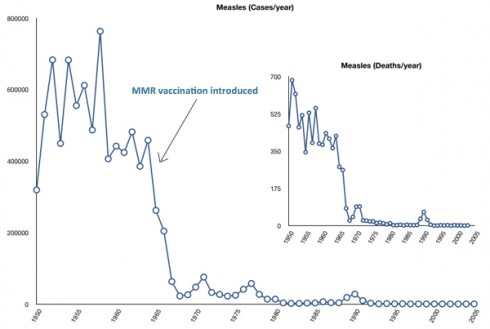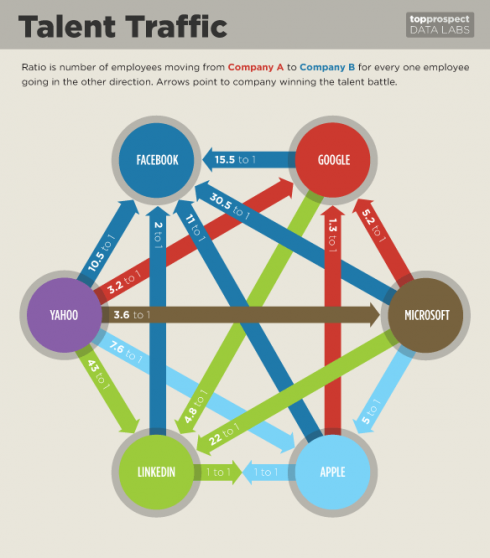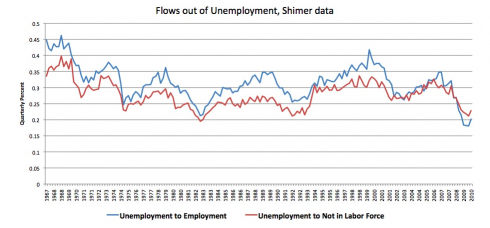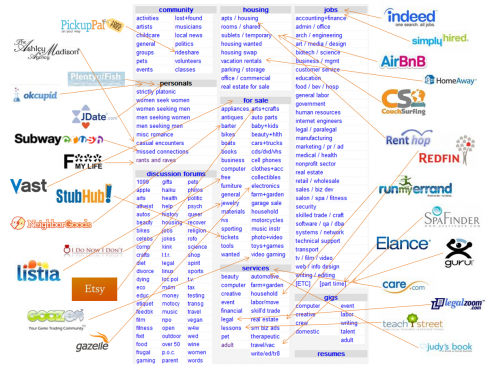One of the ways to make your name in the social sciences is to publish a simple experiment that illustrates how your experimental subjects appear to be incompetent. The pinnacle of this tradition, of course, is Milgram’s experiment showing that people will torture other people entirely because an guy in a white coat asks them to. (see also this example).
One reason these experiments have such traction is the way they confirm our deep seated presumption that other people don’t have it together as much as we do. I, of course, do not suffer from this confirmation bias; and so each of these experiments is a body blow to my own self esteem. Other people, less self aware than I, find these stories entertaining. For example they would probably enjoy the book I’m reading: Kathryn Schulz’s Being Wrong; but I find it frightening and a little depressing.
Last night’s scary bit reports on a lovely experiment done by Emily Pronin and reported in “You Don’t Know Me, But I Know You: The Illusion of Asymmetric Insight.” Since we are not members of the right club, so you and I can’t actually read the paper (my readers, see comments, found it (pdf) – go readers!) But I trust the summary given in Schulz’s book.
Pronin’s experiment is very simple. She gave people a sheet of paper with some words listed, but the words had missing characters, for example “b__k”, and asked them to fill in the blanks quickly with what ever work came to mind. And then she collected the sheets from N people.
The she asked people to look at the sheets and say something about the person who filled it out. That task implicitly presumes that if somebody filled in “book” it tells you something about them, compared to say “bank.” And sure enough people say stuff: “He’s a scholar.” “She’s concerned about money.”
So what happens when they get to their own sheet? “These word completions don’t seem to reveal much about me at all … random completions.” Schulz’s book reproduces a table from the original study showing the conclusions that X and Y reached from one or another sheet where X had filled out the sheet. Here are two examples:
X1 writes “I’m almost convinced that these are not at all revealing.” while Y1 had no trouble seeing deeply into X’s soul “He doesn’t seem to read too much since the natural (to me) conpletion of B__K would be ‘book’ BEAK seems rather random, and might indicate deliberate unfocus of the mind.”
X2 write “I think word completions are limited in this ability [to reveal anything about the subject].” And Y2 finds them quite revealing: “He seems to focus on competition and winning. This person could be an athlete or someone who is very competitive.”
All I can say it that I find it deeply sad to realize that everybody else is a Y. And, I’d like to thank all the little people for helping to make me the not-Y that I am today.





